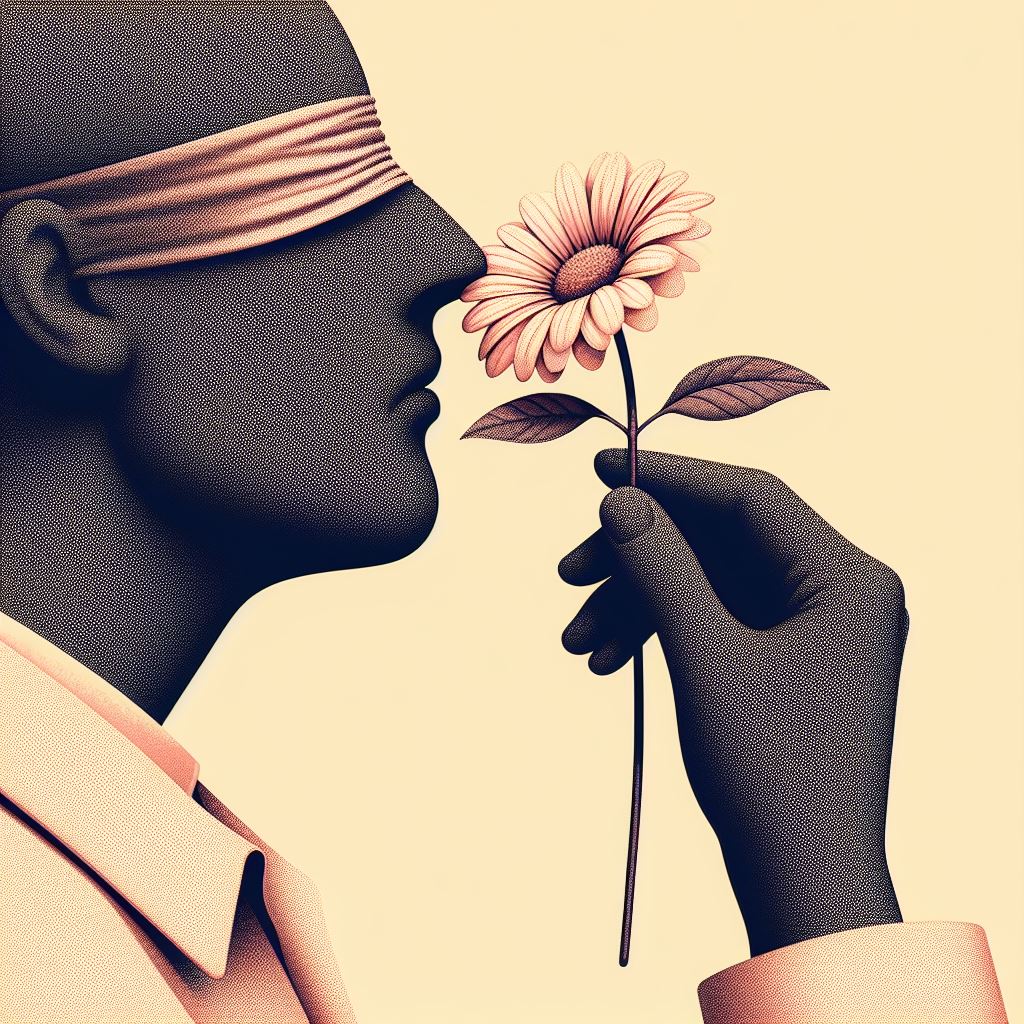
Life doesn’t exist without our senses. This is such a simple fact that we often take it for granted – which is why it’s so important you take the time to be grateful for them.
The most precious gifts in our lives are our senses: our vision, hearing, touch, taste, and smell – the building blocks of how we perceive and understand our world.
Our senses are the building blocks of consciousness; without the ability to perceive, we literally don’t exist.
Our senses are so common to us everyday that it becomes easy to take them for granted. We wake up every day just assuming we will be able to observe our magnificent world through the same lens we always have.
We rarely think about our senses until we begin losing them. As humans age, we naturally start to lose the clarity of our vision, hearing, etc. It’s even more striking if we happen to lose a sense abruptly or through some random accident.
The movie Sound of Metal is a great story of a metal drummer who quickly loses his hearing due to playing at loud shows all his life and prior drug abuse. It’s a really emotional depiction of a person refusing to accept that their entire life has changed, especially as a musician who depended so much on their hearing to make a living.
As someone who loves creating music and listening to it, the movie really resonated with me and got me thinking about how different my life would be if I lost my hearing. It would definitely be a major adjustment.
People lose senses gradually. People lose senses abruptly. And some people are born without certain senses.
We should be grateful for any perception we have – even if it’s limited. Your ability to read this article and breathe is a remarkable fact by-itself.
Out of billions of years, we happen to exist in this moment as thinking and breathing human beings. Really stop to think about how rare and precious your existence is in the grand scheme of things. You could’ve been a rock or a worm.
Step back and appreciate your senses
It’s so easy to take our senses for granted, which is why it’s that much more important to step back and appreciate them.
It takes less than 1 minute to cycle through your senses. Try to observe one stimulus for each sense:
- What do you see?
- What do you hear?
- What do you smell?
- What do you taste?
- What do you feel/touch?
This can be used as a type of grounding exercise to bring you back into the present moment when you’re feeling stressed or overwhelmed.
It’s also a positive reminder of the little things you should be grateful for. Reflect on how all these senses come together to create your consciousness – to create you.
Where would you be without them? What if you lost one of your senses, how much different would your life be? At times, a things could be worse perspective can help you be more grateful for what you have.
Being more mindful of your everyday sensations can also increase the joy and pleasure you get out of them.
Simple pleasures such as your first sip of coffee in the morning (taste), or a bird singing outside your window (sound), or a nice view during your commute to work (sight) can all become important sources of happiness that brighten your day.
By savoring these little sensations, we can actually prolong the happiness we get out of them. As Henry Ward Beecher once famously said, “The art of being happy lies in the power of extracting happiness from common things.”
This all requires the fundamental mindset to be more grateful for your senses.
Imagine if you had just one sense to perceived the world
Here’s a quick thought experiment…
Choose one sense.
Imagine how your life would be different if you only had that ONE sense to perceive everything in the world and nothing else…
- How would your perception of the world be different?
- How would you need to think and act differently to adapt to your surroundings?
- What would your “map” of the world look like? How would you navigate from Point A to Point B?
- What kind of things would you no longer be able to experience?
- What would it be like if your one sense became super heightened?
Take a moment to imagine what life would be like with just one of your senses. Ask yourself these questions and try to see things from that perspective, as difficult as it may be.
Ask a family member or friend to see what they think.
After you’re done, try out another sense. What would it be like now if you just had vision, or hearing, or touch, or taste, or smell?
There’s a famous essay by American philosopher Thomas Nagel called “What Is It Like to Be a Bat? that explores a similar idea.
Bats have very different perceptual systems than us. They have little vision, but they have incredible hearing. They use something known as “echolocation” to navigate their surroundings, by making “clicking” sounds and then mapping out their environment based on auditory feedback and reverberation.
What would it be like to be a bat? Or a whale? Or a worm? It’s fun to imagine how life would be different with these radically different perceptual systems and brains.
At the end of the day, just be grateful you’re alive and able to experience the world in anyway you can.
Enter your email to stay updated on new articles in self improvement:
